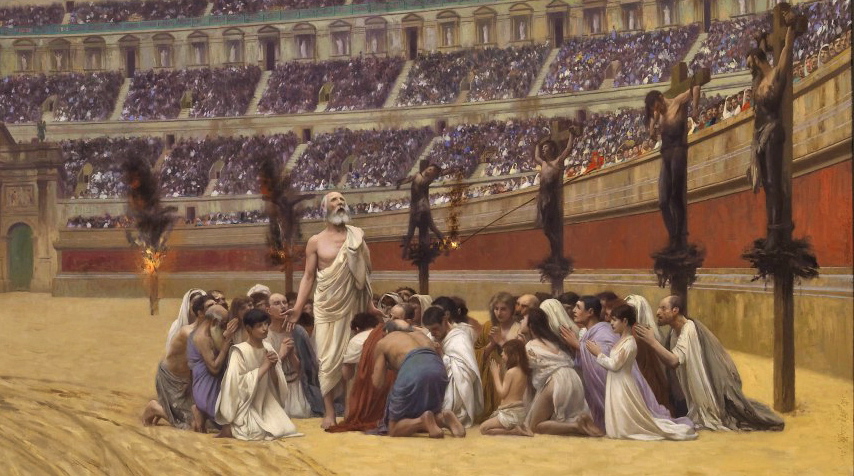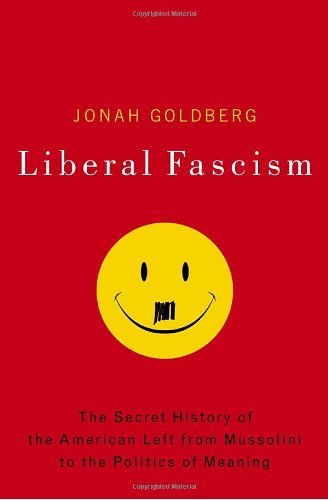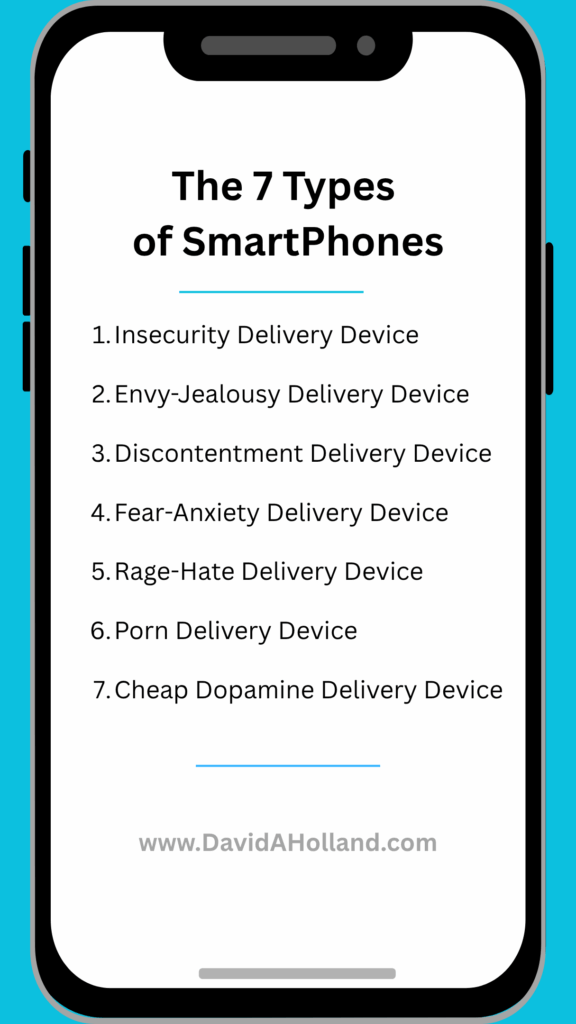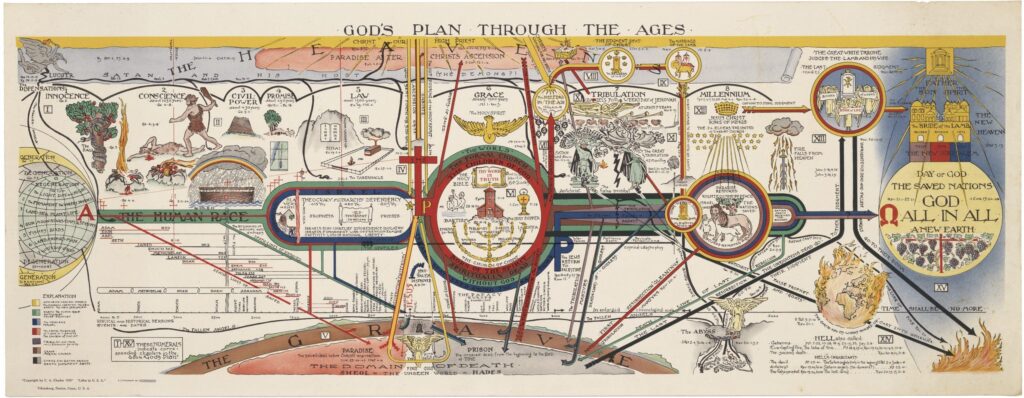
“Hate is not a family value.”
That quote (and on the t-shirt) dates to a popular slogan back in the ’90s. I remember reading a magazine article that said the lesbian actress Amanda Bearse from the sitcom “Married with Children” showed up to an interview wearing a t-shirt carrying those words. It was the first time I recall the word “hate” being appropriated and hijacked to simply describe people who hold positions you don’t like. But it sure wouldn’t be the last time.
Over the decades that followed, the word “hate” would frequently be weaponized by the Progressive left to try to silence or marginalize people who simply were being reality-based, science-based, or biblical. This was just the beginning.
In the years that followed, words like racist, white-supremicist, and fascist would also be deployed to try to either silence or marginalize people who essentially pointed to “Up” and said “this is up.” In recent years I’ve seen good Christians called racist or sexist for affirming Paul’s declaration that, “in Christ there is neither mail male nor female, Jew not Greek” (Gal. 3:28). I’ve seen decent people labeled “white supremicist” for asserting that school kids should be asked to come up with the correct answer on a math problem. And I’ve seen good people called “fascist” by people who clearly don’t know what that word means—seemingly unaware that they were the ones holding facist views and advocating fascist policies by the accepted, historical meaning of the word. (The psychiatrists call this “projection.”)
A few months ago I wrote these words . . .
We’ve seen something very similar happen in the last few years in the secular culture with terms like “sexist,” “racist,” “white supremecist,” and “anti-Semite.” And most recently "genocide." Those words used to mean something very specific and very detestable. Which is precisely why those words have been deployed by certain groups recently as clubs with which to beat ideological opponents into silence or submission.
As I’ve said multiple times on social media over the last ten years . . . it’s a tragedy that these words are being used and abused and stretched into meaninglessness. Why? Because we need these words and terms. There are real people out there with real beliefs that these words describe. Which is why the people who use these words indiscrimiately to cow and delegitimize others do us all a great disservice by diluting their meaning.
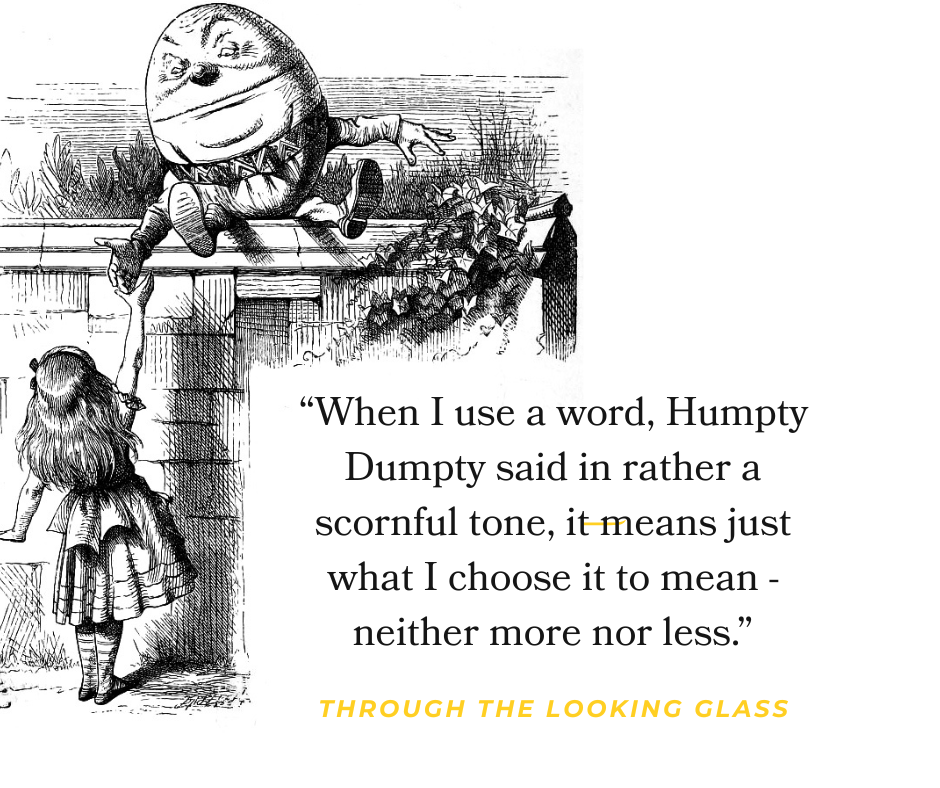
Over this time period we saw another trend. The assertion that “Words are violence.” (The phrase and the concept were introduced by African-American novelist Toni Morrison back in the early 1990s in her acceptance speech after being a awarded a Nobel Prize in Literature. But it entered the Leftist protest culture’s vocabulary back in 2017 via the viral, soul-warping power of social media.
It’s significant that the false “words are violence” framing was being used back then to justify the shouting down of conservative speakers on college campuses. It became an article faith among both students and faculty on most college campuses that conservative thought and conservative words could not and should never be heard in those spaces. Why? Because Humpty Dumpty had deemed them violence and out of bounds. Therefor the virtuous thing to do . . . the nobel thing to do . . . was to keep those words and ideas from being heard . . . “by any means necessary.”
Of course, words aren’t violence. Violence is violence. And words are words. But words are problematic if your aim is to control people’s minds. Why? Because words convey ideas.

But not long after “Words are violence” became an article a faith among a generation brainwashed by Netflix documentaries, pop culture, and late show tv hosts like Jon Stewart, Stephen Colbert, and Jimmy Kimmel . . . we were at the next stop of the dominant culture’s runaway train to George Orwell’s 1984 nightmare.
That next stop was the assertion that . . . “Silence is violence.”
This was insidious. The “Words-are-violence” lie was designed to shut you up if you didn’t agree. But the “Silence is violence” assertion delivered something far worse. The idea was to create social pressure to make you to say what they demanded you say, whether you believed it or not. This is coerced speech. This is societal consensus by fear and intimidation. Fear of the loss of acceptance and membership in the tribe of “correct-thinking” people.
The coercion came (and continues to come) in form of cultural pressure. To weaponize against ourselves the deep need we all have to be accepted and affirmed. Against our own concsiences. And to use the fear of being a social outcast against us.
Am I exaggerating? Do you need a tangible example of what I’m talking about?
Just recently author Malcolm Gladwell confessed that he’d fallen victim to this very thing. The author of “The Tipping Point” and several other New York Times bestsellers recently admitted that he felt “ashamed” for not speaking out against the inclusion of trans athletes in women’s sports during a 2022 panel, stating he was “cowed” by social pressure at the time.
If someone as securely established as Malcolm Gladwell can fall victim to this pressure, how much more those who who are still trying to climb the ladder in their professions? This is why I’m certain that hundreds of Hollywood actors and actresses also say things they likely don’t believe . . . or at minimum stay silent . . . knowing that saying what they really think will make them radioactive in the industry and cost them coveted work.
If you want a vivid example of how Marxist mobs work to humiliate and ostracize those who dare to speak the truth, watch the first few minutes of the Netflix series titled “Three Body Problem.” It shows in shocking realism how the Chinese Maoist communists dealt with people who refused to toe the party line. It shows a “struggle session.”

Siimilar “stuggle sessions,”– as the Maoist revolutionairies called them–usually online, have been conducted over the past few years for those who refused to affirm some tenet of the Leftist agenda.
Throughout the last few decades, many on the Left have accused people like Charlie Kirk (and me, and countless other good people) of “hate” or of “violence” through words for simply pointing to reality, data, common sense, or biblical truth. Which brings me to this . . .
In the last few days, I took note that a relaible source said that the young man who murdered Charlie Kirk had mentioned to others his conviction that Kirk was a promulgator of “hate.”
So you see, there is an unbroken through-line from a slogan on a t-shirt to the assassination of a Christian evangelist-debater. So again, I plead with you . . . Stop calling disagreement “hate.” And please stop amplifying people who do.


